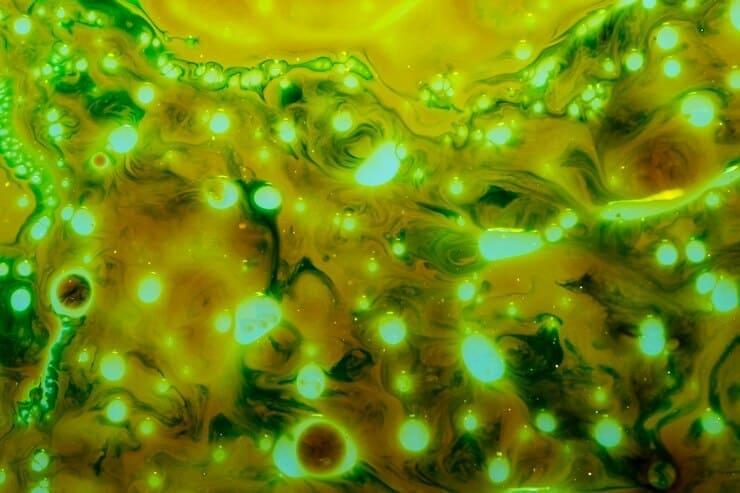KEY TAKEAWAYS
- The TRIDENT-1 phase I/II trial aimed to evaluate the efficacy and safety of repotrectinib in ROS1-positive NSCLC pts.
- The primary endpoint was cORR. Secondary endpoints included DOR, PFS, intracranial ORR, and cORR.
- The study demonstrated durable efficacy and manageable safety in ROS1-positive NSCLC pts, including intracranial activity and across treatment cohorts.
Repotrectinib is a promising new treatment for ROS1-positive non-small cell lung cancer (NSCLC). Researchers aimed to analyze the efficacy and safety of repotrectinib in ROS1-positive NSCLC patients(pts).
The study included ROS1+ NSCLC pts, and they were stratified by treatment history into four cohorts, received Repotrectinib RP2D at 160 mg QD for 14 days, followed by 160 mg BID. The primary endpoint was confirmed objective response rate (cORR) per RECIST v1.1 by Blinded Independent Central Review. Secondary endpoints were duration of response (DOR), progression-free survival (PFS), intracranial ORR, cORR in TKI-pretreated ROS1 G2032R NSCLC pts and safety. Efficacy analysis included pts with ≥14 months follow-up, while safety assessments covered RP2D-treated pts across all cohorts.
The result demonstrated that in the TKI-naïve cohort (n=71), the median (range) follow-up was 24.0 (14.2-66.6) months, with a cORR of 79% (95% CI, 68-88). Median (95% CI) DOR and PFS were 34.1 (25.6-NE) months and 35.7 (27.4-NE) months, respectively. For the 1 prior TKI and no chemo cohort (n=56), follow-up was 21.5 (14.2-58.6) months, with a cORR of 38% (25-52). Median DOR and PFS were 14.8 (7.6-NE) months and 9.0 (6.8-19.7) months, respectively. In TKI-pretreated ROS1 G2032R NSCLC patients (n=17), cORR was 59% (33-82). Among those receiving repotrectinib at RP2D (n=426), treatment-emergent adverse events (TEAEs) occurred in 422 (99%), with dizziness being the most common (62%). Grade ≥3 TEAEs were reported in 216 (51%), of which 29% were considered treatment-related. TEAEs led to dose reduction and treatment discontinuation in 38% and 7% of pts, respectively.
The study demonstrated durable efficacy and manageable safety in ROS1-positive NSCLC pts, including intracranial activity and across treatment cohorts.
Source: https://cattendee.abstractsonline.com/meeting/10925/presentation/1000
Clinical Trial: https://clinicaltrials.gov/study/NCT03093116
Cho BC, Camidge DR, Lin JJ, et al. Repotrectinib in Patients with ROS1 Fusion-positive (ROS1+) NSCLC: Update from the Pivotal Phase 1/2 TRIDENT-1 Trial. Presented at: World Conference on Lung Cancer; September 10, 2023; 1:02 PM-1:12 PM.



